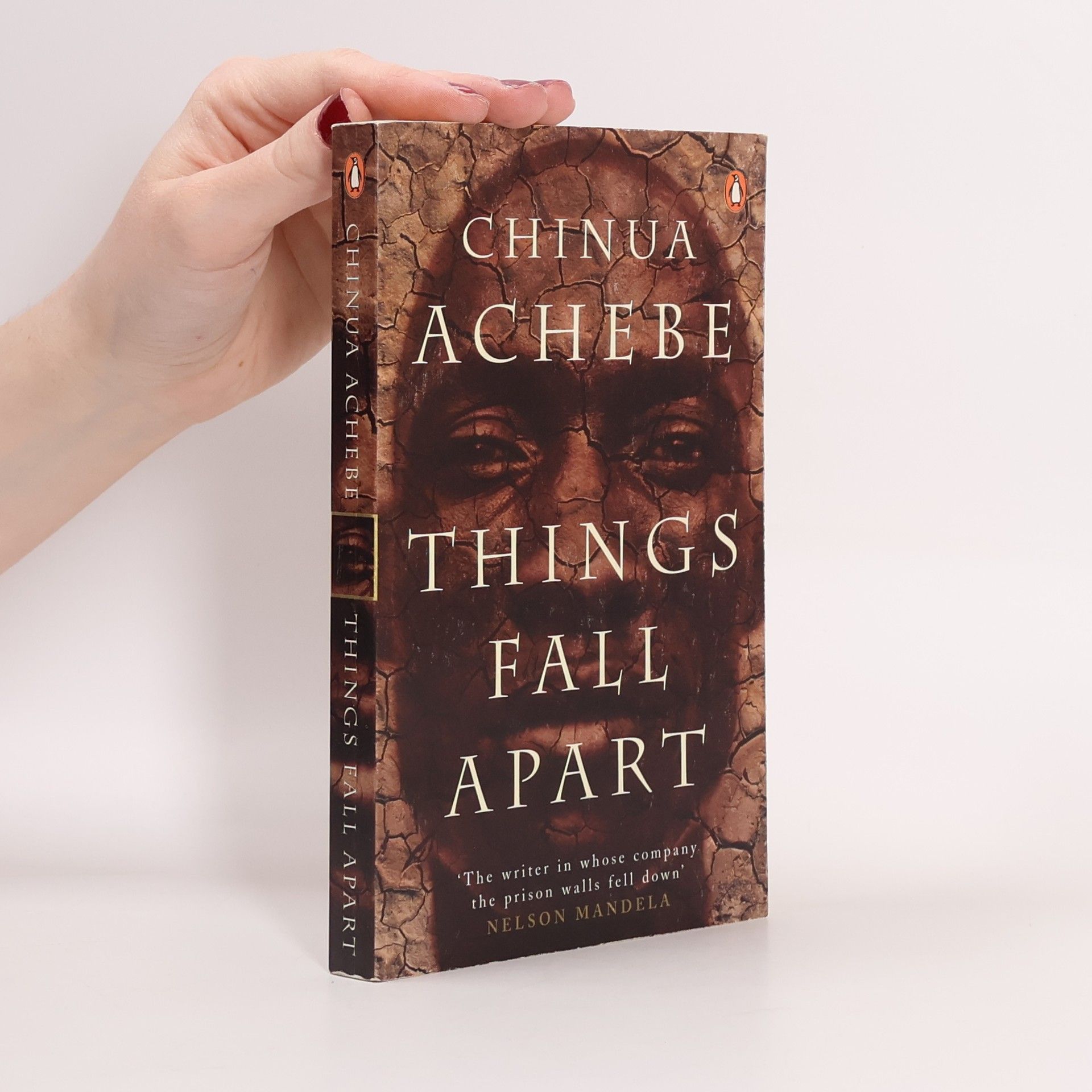Exploring the cultural significance of a renowned television series, this book delves into themes such as evolving gender roles, family dynamics, and workplace relationships in the context of the American experience. It highlights how audiences connect with quality television to shape their identities and understand their lives, reflecting on the past while navigating contemporary issues.
M. Keith Booker Libros






Things Fall Apart
- 208 páginas
- 8 horas de lectura
Okonowo is the greatest warrior alive and he is one of the powerful men of his clan. But he also has a fiery temper. Determined not to be like his father, he refuses to show his weakness. When outsiders threaten the traditions of his clan, he takes violent action. Will the great man's pride eventually destroy him?
Dublineses
- 187 páginas
- 7 horas de lectura
Exploring the evolution of American noir film, this book delves into the genre's classic and neo-noir phases, highlighting its enduring tropes and appeal. It analyzes iconic films like Double Indemnity and Sunset Boulevard, as well as modern entries such as Under the Silver Lake and Promising Young Woman. Through this examination, it reveals how the genre has adapted while retaining its unique characteristics that continue to resonate with audiences.
Historical Dictionary of Science Fiction Cinema
- 542 páginas
- 19 horas de lectura
Featuring over 400 cross-referenced entries, this comprehensive resource delves into key personalities, films, companies, techniques, themes, and subgenres of science fiction cinema. The second edition includes a detailed chronology and an extensive bibliography, making it an essential reference for enthusiasts and scholars alike.
Historical Dictionary of American Cinema
- 654 páginas
- 23 horas de lectura
Featuring over 600 cross-referenced entries, this comprehensive resource explores key figures, films, companies, techniques, themes, and subgenres that shape American cinema. It includes a detailed chronology and an extensive bibliography, making it an essential reference for understanding the impact of American film on global culture. The combination of historical context and thematic analysis offers valuable insights for both enthusiasts and scholars of cinema.